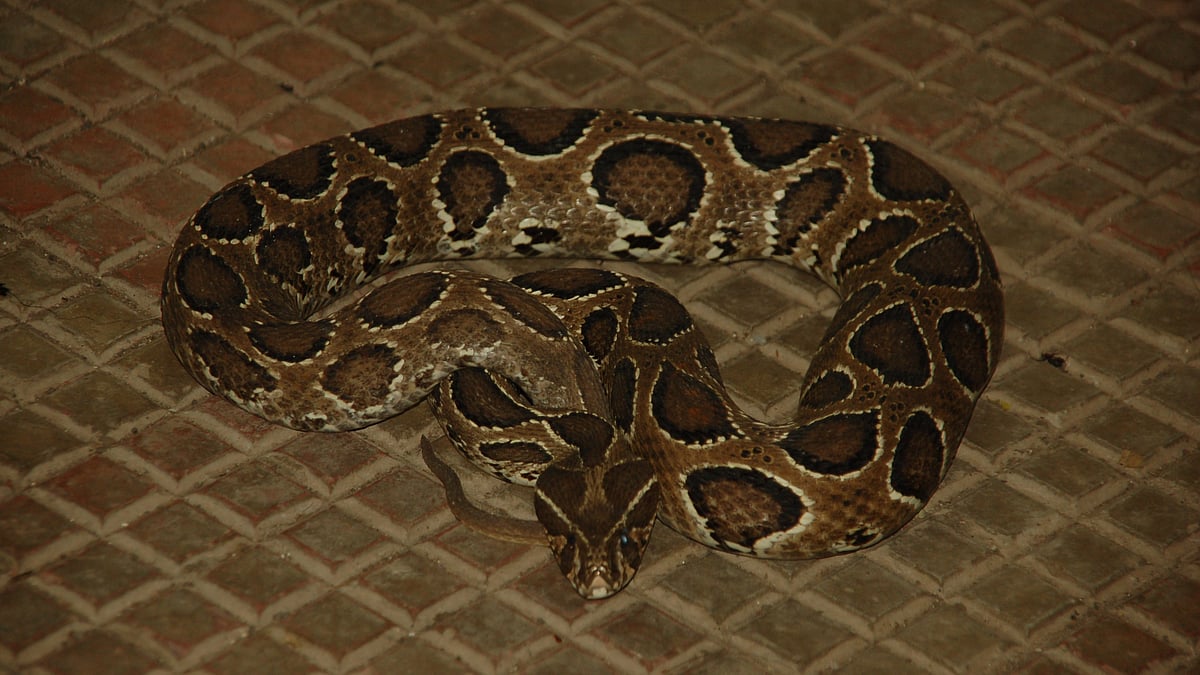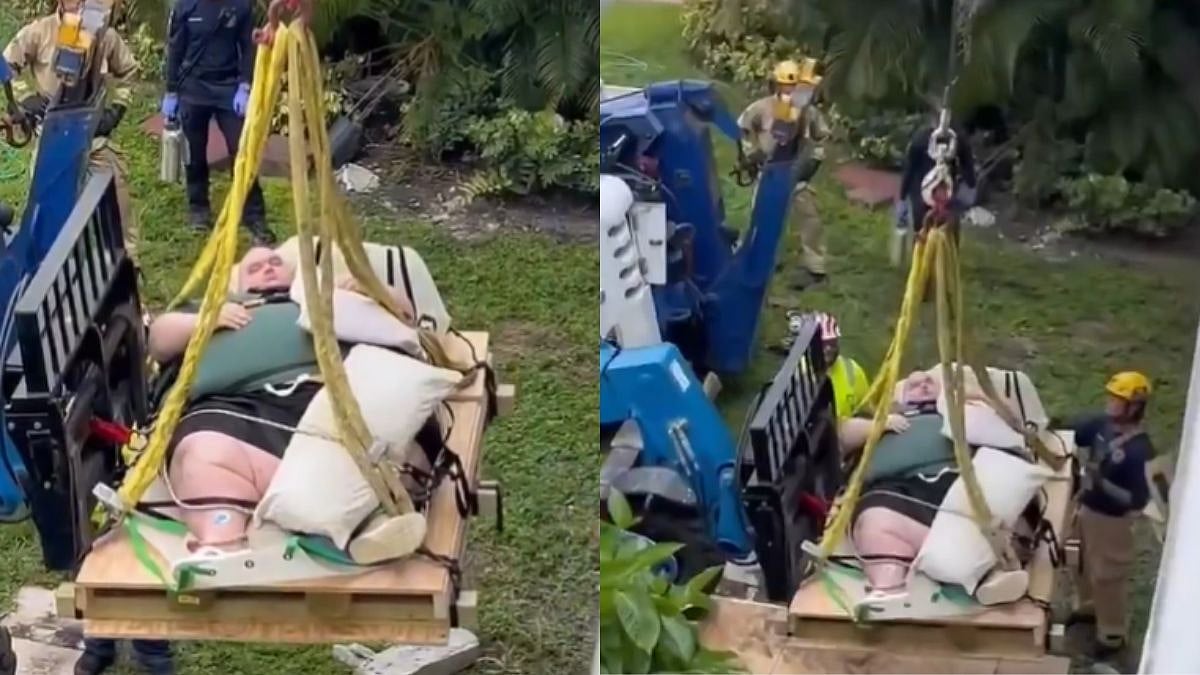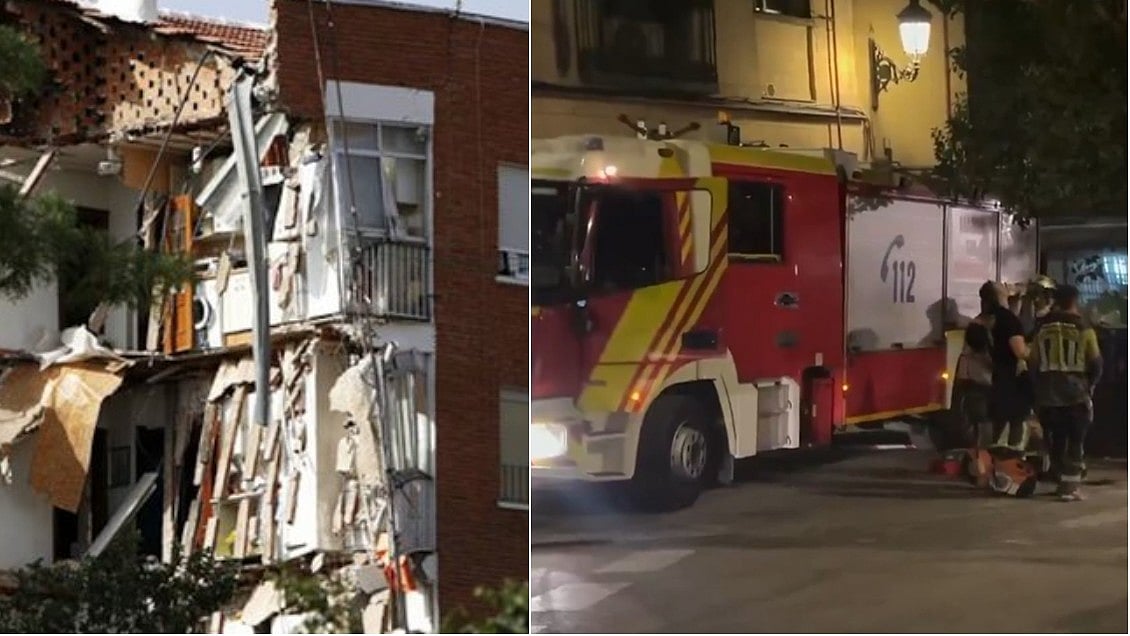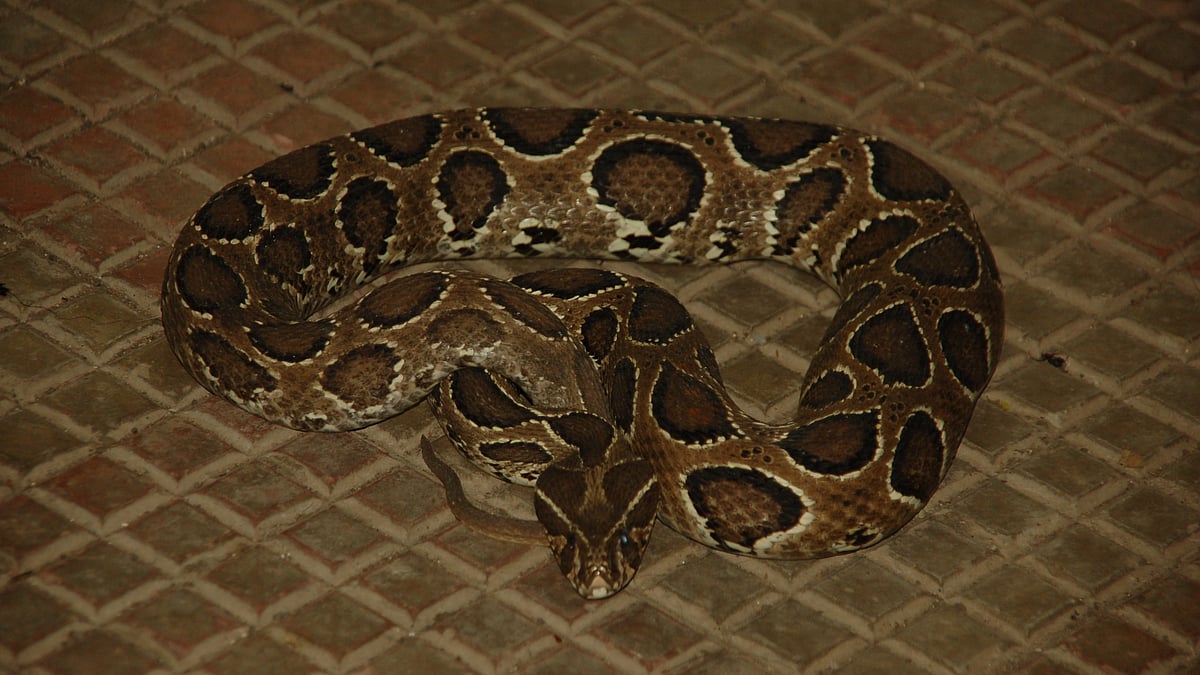Bangladesh: In the flood-prone plains of northern Bangladesh, a surge in snakebites has alarmed both villagers and health authorities, with hospitals struggling to manage a rising number of victims after record rainfall and severe flooding along the Padma River.
According to officials, nearly 15,000 people have been admitted for snakebites this year, and 84 deaths have already been confirmed.
Rising Toll Amid Vanishing Habitats
Medical experts and wildlife specialists attribute the sharp rise in incidents to heavier monsoon rains, habitat loss and changing farming practices that have forced snakes into closer contact with people. Rajshahi district alone received about 1,409 millimetres of rainfall between May and Septembe, roughly 20% higher than the seasonal average.
At Rajshahi Medical College Hospital, at least 25 people died from snakebites since January, according to Professor Abu Shahin Mohammed Mahbubur Rahman. The facility treated over 1,000 cases in nine months, including more than 200 venomous bites from cobras, kraits and Russell’s vipers. “Many patients suffer acute kidney failure after snakebites,” Rahman told the French news agency AFP.
The Russell’s viper, once rare in Bangladesh, has seen a rapid increase in numbers since 2013. Known to give birth to as many as 60 offspring at a time, it has become particularly hard to control. Zoologist Farid Ahsan of Chittagong University said the species’ ability to swim and drift on water hyacinths has allowed it to spread widely during floods.
Hospitals Race to Respond
The Ministry of Health has moved to increase antivenom supplies, with stock expected to last about three weeks, according to official Md Sayedur Rahman. Additional imports are being arranged, though experts warn that foreign-made antidotes may not always counter local venom varieties effectively.
Bangladesh is developing its own Russell’s viper antivenom, but distribution is expected to take at least three years. In the meantime, villagers are adopting makeshift safety measures, wearing boots in the fields, using torches at night and sleeping under nets.
“It could be any of us next. We live every day with that thought, "resident Mohammad Bablu told AFP.









